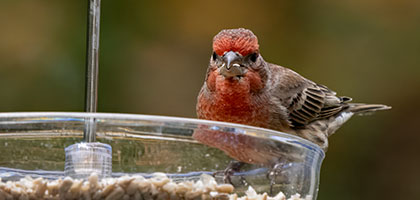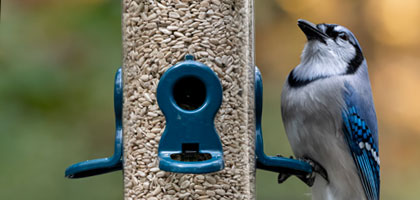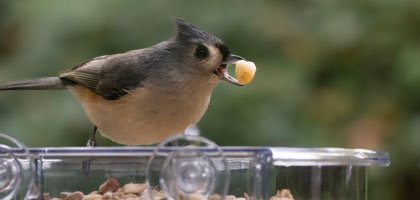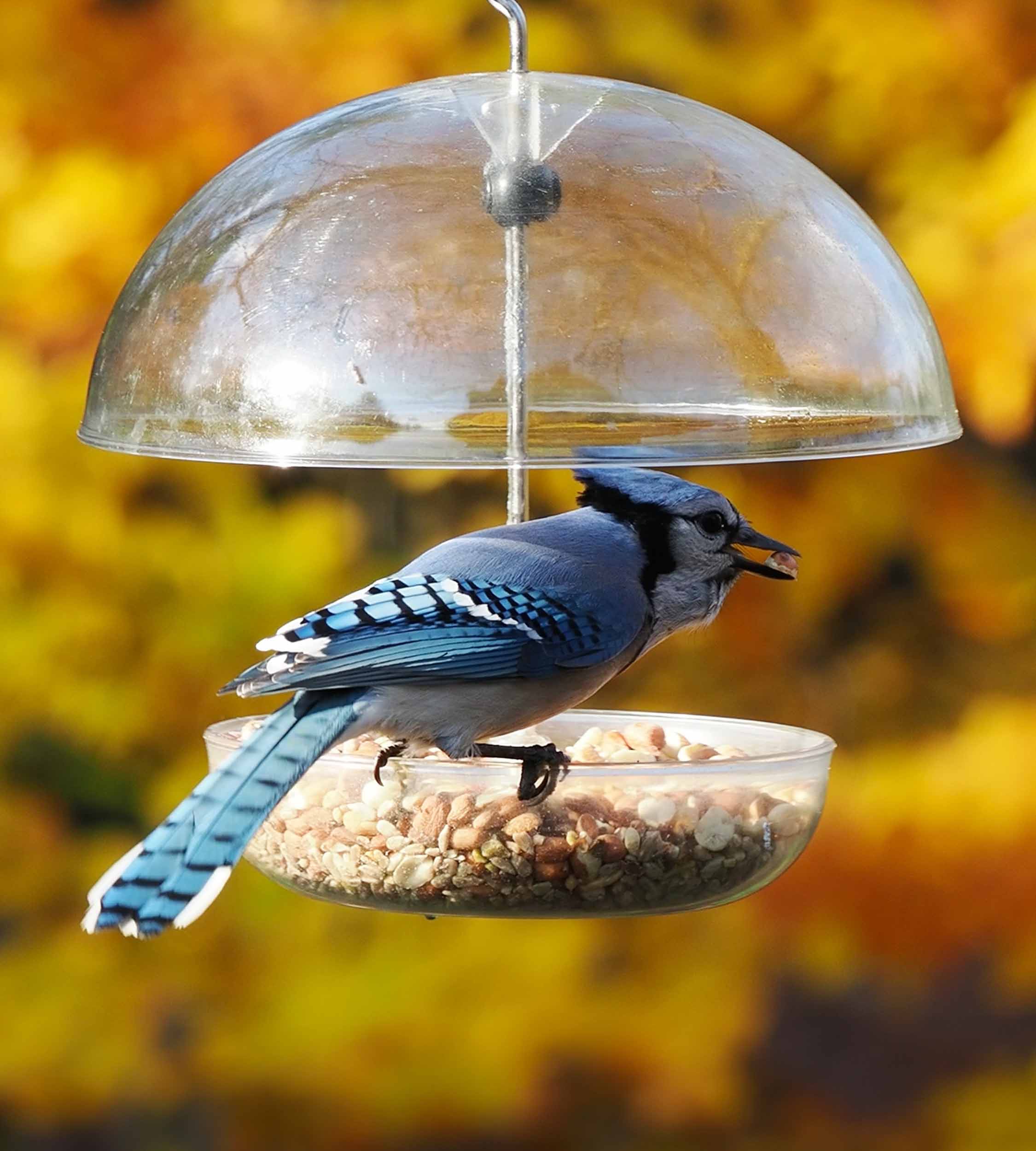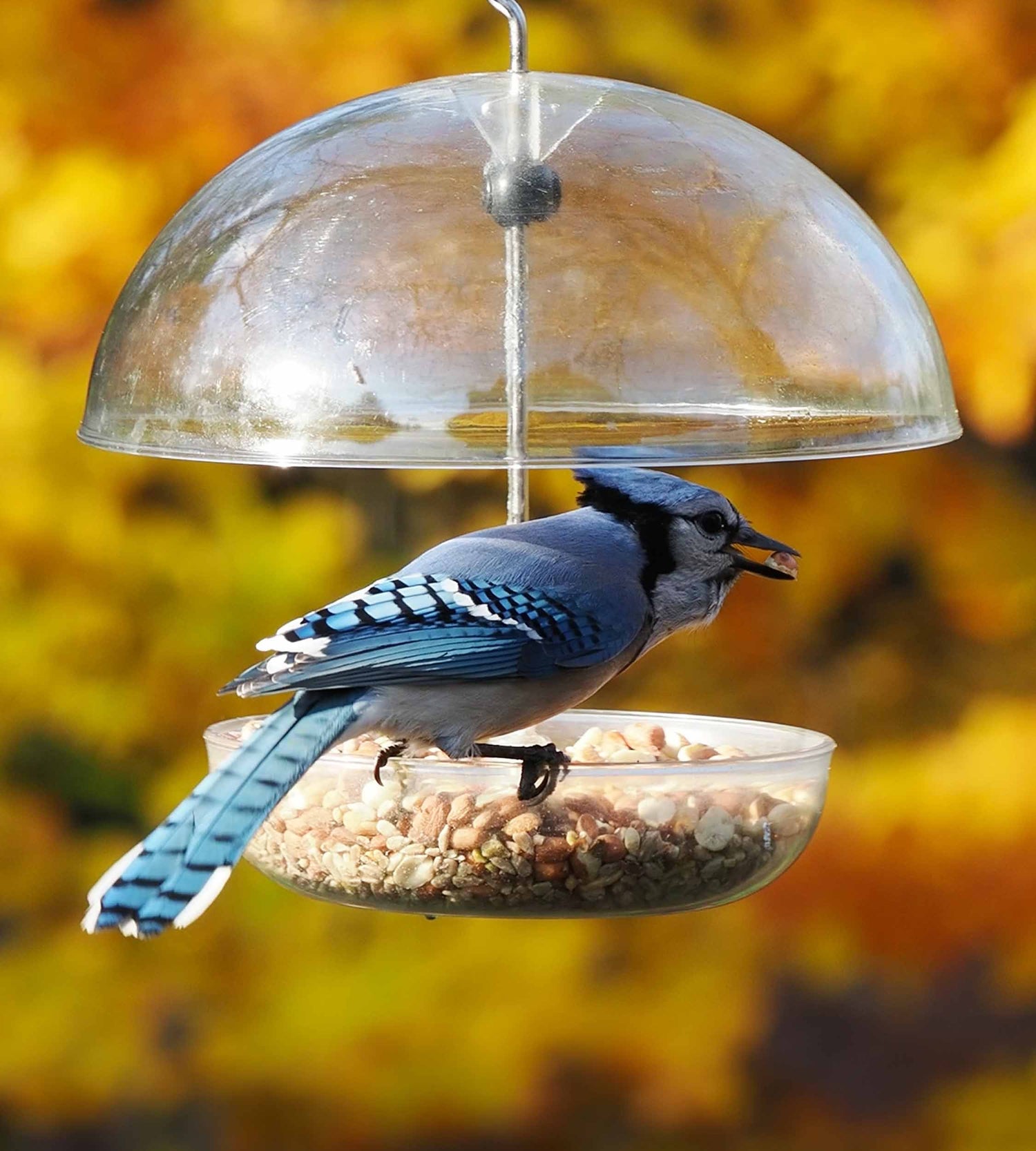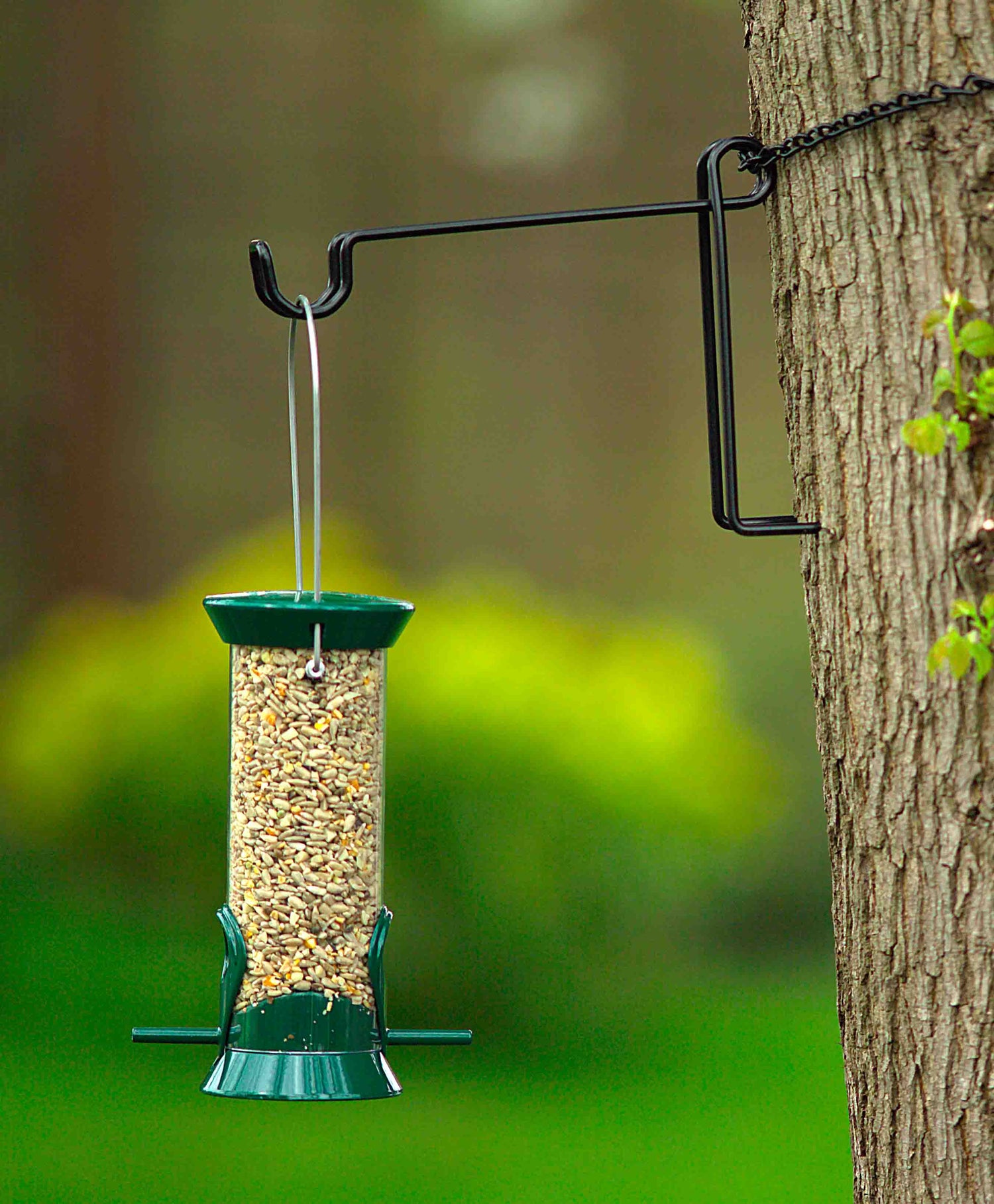Suet cakes are a popular choice for feeding wild birds, especially during the colder months. They provide high energy and essential nutrients to our feathered friends. However, as with any food product, it's crucial to understand their shelf life to ensure you're offering the best nutrition. So, let's dive into the world of suet cakes and answer the burning question: Do suet cakes go bad?
What are Suet Cakes?
Suet cakes are a blend of animal fat, seeds, grains, and sometimes dried fruits or insects. This combination makes them a nutrient-rich food source perfect for birds. The fat content helps birds maintain their energy levels, especially during winter when food is scarce.
Why Use Suet Cakes for Bird Feeding?
Suet cakes attract a variety of bird species, including woodpeckers, chickadees, and nuthatches. Their high-fat content is essential for birds to survive in cold weather, making suet cakes a favorite among bird enthusiasts.
Do Suet Cakes Go Bad?
The short answer is yes, suet cakes can go bad. However, their shelf life can vary depending on several factors, such as storage conditions and ingredients. Here's what you need to know:
Factors Affecting Shelf Life
- Temperature: Suet cakes stored in warm or hot environments tend to spoil faster. High temperatures can cause the fat to melt, leading to rancidity.
- Moisture: Excess moisture can lead to mold growth on suet cakes. It's important to keep them dry.
- Ingredients: Some suet cakes contain preservatives that extend their shelf life, while others are more natural and may spoil quicker.
Signs a Suet Cake Has Gone Bad
It's essential to recognize when a suet cake is no longer suitable for feeding birds. Here are some signs to watch out for:
- Rancid Smell: If the suet cake emits a sour or unpleasant odor, it's likely gone rancid.
- Mold Growth: Visible mold is a clear indicator that the suet is spoiled.
- Discoloration: A change in color can also signify spoilage.
- Texture Change: If the suet feels overly sticky or slimy, it may be time to discard it.
How to Store Suet Cakes Properly
To maximize the shelf life of your suet cakes, follow these storage tips:
Cool and Dry Storage
Store suet cakes in a cool, dry place. A pantry or a refrigerator is ideal. Avoid areas with fluctuating temperatures, like garages or sheds, especially during summer.
Airtight Containers
Using airtight containers or resealable bags can prevent moisture and pests from reaching your suet cakes. This simple step can significantly extend their shelf life.
Freezing for Longevity
For long-term storage, consider freezing your suet cakes. This method can preserve them for several months. Just ensure they are in a sealed container or bag to prevent freezer burn.
Making Your Own Suet Cakes
If you're concerned about the shelf life of store-bought suet cakes, why not try making your own? Homemade suet cakes allow you to control the ingredients and ensure freshness.
Basic Homemade Suet Cake Recipe
Here's a simple recipe to get you started:
Ingredients:
- 1 cup of rendered suet or lard
- 1 cup of birdseed mix
- 1/4 cup of dried fruits or insects (optional)
Instructions:
- Melt the suet or lard in a saucepan over low heat.
- Stir in the birdseed mix and optional ingredients.
- Pour the mixture into molds or muffin tins.
- Let it cool and solidify in the refrigerator.
- Once set, remove from molds and store in an airtight container.
Frequently Asked Questions
How Long Do Suet Cakes Last?
The shelf life of suet cakes depends on their storage conditions and ingredients. Generally, they can last anywhere from a few weeks to several months if stored properly.
Can Birds Eat Spoiled Suet?
It's not recommended to feed birds spoiled suet. Rancid or moldy suet can harm birds and deter them from returning to your feeder.
Are All Suet Cakes the Same?
No, suet cakes vary in ingredients and quality. Some contain preservatives for longer shelf life, while others are all-natural. Choose based on your preference and the needs of your local bird population.
Conclusion
Understanding the shelf life of suet cakes is essential for anyone keen on feeding wild birds. By recognizing the signs of spoilage and storing them correctly, you can ensure you're providing safe and nutritious food. Whether you choose to buy or make your own, suet cakes are a fantastic way to support local wildlife, especially during the colder months. Happy birdwatching!
